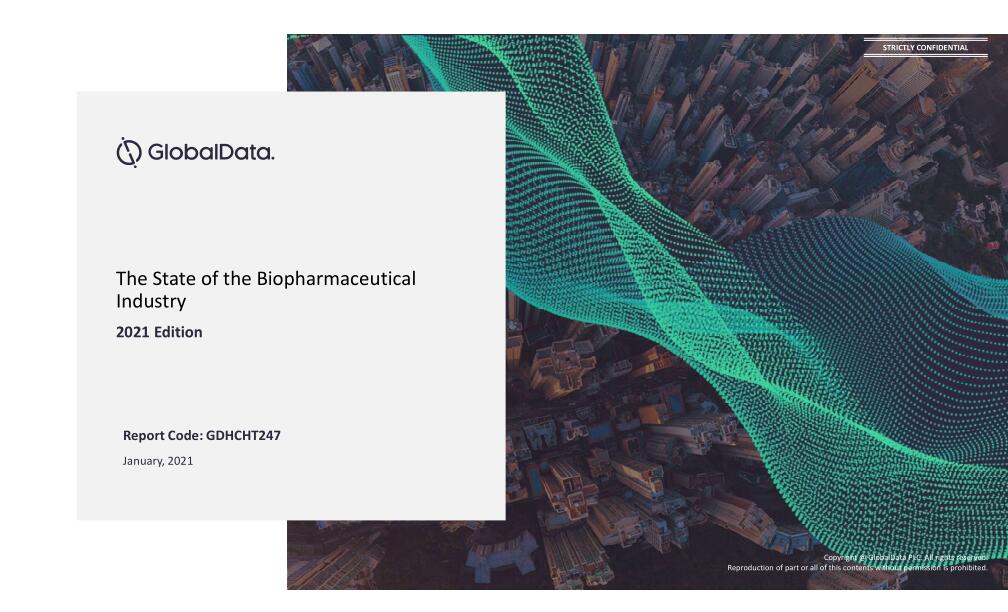
The ongoing Ukraine-Russia war, US trade tensions with China, the conflict in the Middle East, and the residual inflationary effects of the pandemic have all led to worldwide economic instability. This has been reflected in a hostile pharmaceutical and biotech investment and deal landscape in 2023 that was laced with several layoffs and downsizing efforts. Still, big pharma continued to make major deals this year.
According to JP Morgan’s 2024 economic outlook, next year will bring further economic highs and lows for the US. The firm reports that in 2023, the US gross domestic product (GDP) improved more than expected with a 2.8% growth curve, but this will likely slow down to a 0.7% pace of expansion in 2024. Whilst the pharmaceutical industry already saw a significant trend of layoffs, the bank forecasts a further uptick in unemployment in 2024. Additionally, the Organization for Economic Cooperation and Development’s (OECD) predicts a global economic slowdown next year, so it is likely that biotech investments will also be slow-moving.
The pharmaceutical and biotech sector saw a scarce number of initial public offerings and a tougher financing ecosystem as biotechs waited out for a more stable environment. “Companies have been sitting on the sidelines,” says Subin Baral, the global life sciences deal leader at Ernst & Young. “It has become harder and harder for companies to justify their business cases with current interest rates,” he adds, and this makes it difficult to forecast their growth to investors.
In such a difficult climate, the value of the pharmaceutical asset is taking precedence, says Dr. Sofia Ioannidou, a partner at Andera Partners, an asset management firm specialising in private equity.
Investment trends in 2023
Market uncertainty, brought about by factors such as the Inflation Reduction Act, has led to a subdued deal environment, says Baral. Due to these factors and geopolitical instability, the field is seeing long negotiations and contingent pricing in deals right now. Baral explains that contingent pricing enables companies to “de-risk” their valuations.
How well do you really know your competitors?
Access the most comprehensive Company Profiles on the market, powered by GlobalData. Save hours of research. Gain competitive edge.

Thank you!
Your download email will arrive shortly
Not ready to buy yet? Download a free sample
We are confident about the unique quality of our Company Profiles. However, we want you to make the most beneficial decision for your business, so we offer a free sample that you can download by submitting the below form
By GlobalDataSee Also:
On the flipside, “Deals in oncology and rare diseases have really picked up this year,” says Baral. As per E&Y’s calculations, the oncology deal size has reached an average of $2.2 billion per deal in 2023, which is an increase of 75% per year.
Florian Schnappauf, the vice president of enterprise commercial strategy at Veeva Systems, predicts that personalised medicine will be a major area for investment in 2024. Baral identified chimeric antigen receptor T-cell (CAR-T) therapies as the most attractive area of personalized medicine for investors, but he expects a larger boom in investment for the modality a few years down the line. CAR-T therapies are a type of immunotherapy that uses the patient’s own immune cells to treat their cancer. In the meantime, Baral expects the field would rather be more interested in antibody-drug conjugate (ADC) deals than CAR-T therapies and investment. ADCs use a monoclonal antibody attached to a cytotoxic payload to target cancer cells, minimising systemic exposure and thus toxicity.
According to GlobalData, the largest deal made in 2023 was Pfizer’s $43 billion acquisition of Seagen. This agreement bulked up Pfizer’s oncology pipeline with the addition of Seagen’s marketed and investigational ADC therapies. AbbVie also built up its ADC portfolio with its $10.1 billion ImmunoGen acquisition in November. Also in the oncology sphere, earlier that month, Bayer Pharmaceuticals expanded its $1.5 billion research partnership with Recursion to launch up to seven new oncology programs.
GlobalData is the parent company of Pharmaceutical Technology.
Baral also highlighted central nervous system diseases as another major investment area.
Value propositions rule dealmaking
Venture capitalists are looking closely at the assets they are buying, and those “quality assets” are very few and far between, says Baral. Bernard Coulie, CEO of the biotech Pliant Therapeutics, discussed the importance of value in the company’s successful financing year. In February 2016, Pliant raised $45 million in a Series A funding round. In 2023, the company completed an oversized public offering, which earned the company $287.5 million to push its clinical pipeline. Coulie says the company now has $523.6 million to support its operations through the next two years.
He attributes the financing success to the “quality data” the company has released in recent years and the “high unmet need” in the interstitial lung disease therapy area where it operates.
Ioannidou also says an asset-driven strategy has been the driving force for the Life Sciences division at Andera. In November, the private equity player co-led a €67.5 million ($72 million) oversubscribed Series C financing for the immuno-oncology company Nouscom, based in Rome, Italy. Iannoudou explains that the firm found its partnership with Nouscom attractive due to the value of its clinical asset over anything else. Nouscom is developing its neoantigen therapies, NOUS-209 and NOUS-PEV, for cancer treatment and prevention.
Andera has a life sciences portfolio that includes companies at different stages of clinical development, with fewer assets in Phase I. Iannoudou says it is harder to find Phase I companies that can prove the value of their therapies due to the lack of clinical data. According to Ingrid Kelly Spillmann, a partner at Xista Science Ventures, this sentiment has translated to a stiff investment landscape for early-stage biotechs, startups, and spinouts. Xista Science Ventures is an early-stage life science investment firm.
This has been evident in the news cycle as a chain of early-stage companies dropped clinical assets and employees to finance their main drug candidates. For example, in September, Kinnate Biopharma announced plans to lay off 70% of its staff and terminate clinical development for its solid tumor monotherapy, exarafenib. In a press release, Nima Farzan, the company’s CEO, said, “These decisions reflect the current financing environment.” Similarly, NexImmune, based in Gaithesburg, Maryland, reduced its workforce by 53% to minimise costs and extend the biotech’s cash reserves as it pushed its pipeline to immunotherapies. The company also halted its development program for three adoptive T cell therapies.
For innovation to thrive within the pharmaceutical landscape, venture capitalists will have to become more open to earlier-stage investment, says Spillmann. To attract the attention of unreceptive investors, she advises biotechs to “get an early dialogue going,” so companies can keep track of their assets’ value story and give funding later if they are uninterested in the current time.
Emanuele Ostuni, the CEO of the radiopharmaceutical company ARTBIO highlights the importance of building strong investor relationships. He says, “We already have a set of investors in the company that are very committed and remained committed through this [financing] round, and they’re very focused on the longer-term success of what we’re doing.” In early December, ARTBIO announced that it had successfully raised $90 million in a Series A financing round.
Baral also says companies need to have “flexibility in negotiation,” and they may have to let go of some pride to generate whatever financing they can. Shifting towards 2024, he says, “The focus is more granular now than ever before.”




